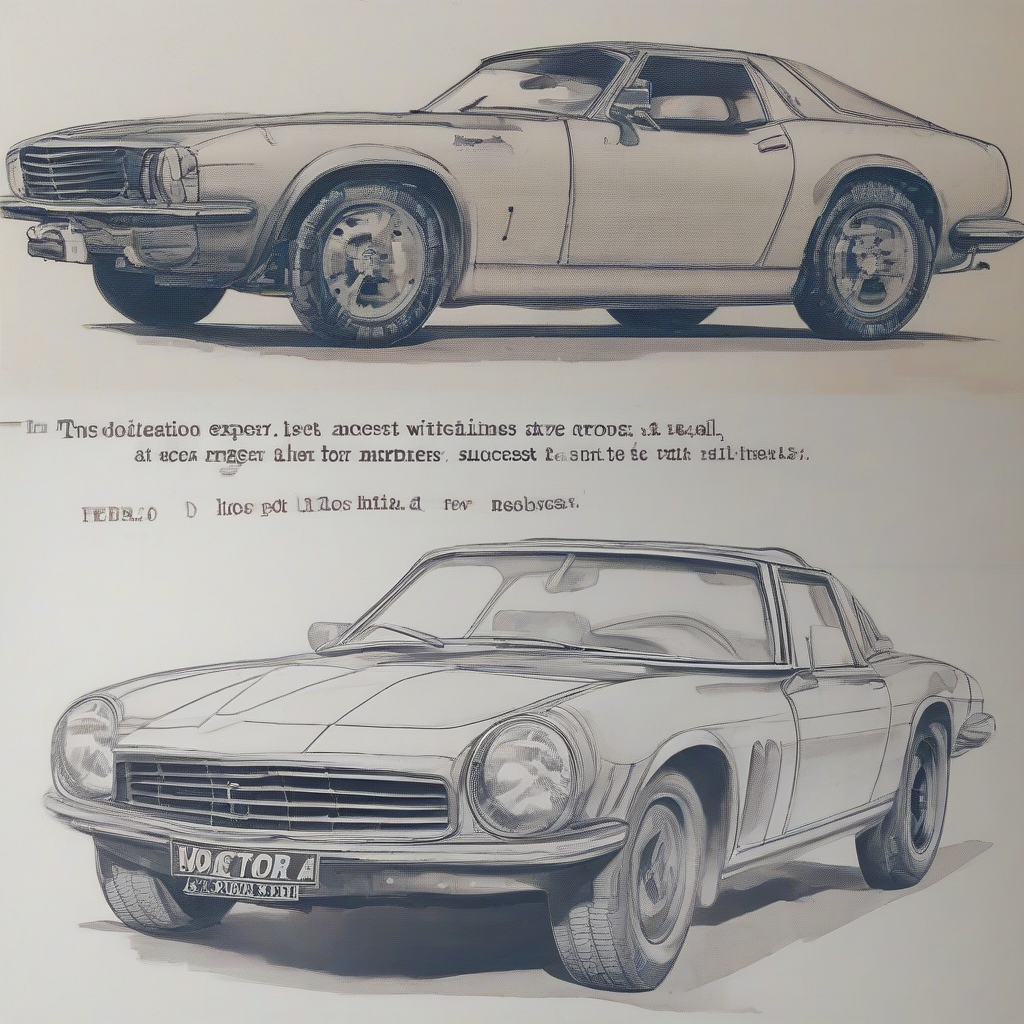Automotive Engineer Expert Witness: Navigating the Complexities of Litigation
The automotive industry, a complex tapestry of engineering, design, manufacturing, and legislation, is prone to litigation. When accidents occur, product failures arise, or intellectual property disputes ignite, the need for an expert witness with deep automotive engineering knowledge becomes paramount. This individual, an Automotive Engineer Expert Witness, plays a critical role in clarifying technical details, providing unbiased opinions, and ultimately influencing the outcome of legal proceedings.
The Role of an Automotive Engineer Expert Witness
An Automotive Engineer Expert Witness acts as a bridge between complex technical information and the legal framework. Their expertise allows them to analyze evidence, reconstruct events, and offer insightful opinions based on established engineering principles and industry standards. This role extends across various legal contexts, including:
- Product Liability Cases: Investigating vehicle malfunctions, design flaws, and manufacturing defects to determine liability.
- Accident Reconstruction: Analyzing accident scenes, vehicle damage, and other data to reconstruct the events leading to a collision and determine contributing factors.
- Intellectual Property Disputes: Assessing the originality and validity of patents related to automotive technologies.
- Regulatory Compliance: Evaluating a manufacturer’s adherence to safety standards and regulations.
- Personal Injury Claims: Determining the role of vehicle design or malfunction in causing or exacerbating injuries.
Qualifications and Expertise
The qualifications of a credible Automotive Engineer Expert Witness are stringent. They typically possess:
- Advanced Education: A bachelor’s, master’s, or doctoral degree in mechanical engineering, automotive engineering, or a closely related field.
- Extensive Experience: Years of practical experience in automotive design, manufacturing, testing, or accident investigation.
- Specialized Knowledge: Expertise in specific areas such as vehicle dynamics, powertrains, safety systems (e.g., airbags, seatbelts), electronic control units (ECUs), or materials science.
- Professional Certifications: Relevant certifications, such as those from professional engineering societies, can enhance credibility.
- Proven Track Record: A history of successfully providing expert testimony in legal cases.
- Impartiality and Objectivity: The ability to remain neutral and base opinions solely on evidence and scientific principles.
The Investigative Process
The work of an Automotive Engineer Expert Witness often involves a meticulous investigation. This process typically includes:
- Review of Documentation: Examining vehicle repair records, accident reports, police investigations, design specifications, and other relevant documents.
- Site Inspection: Visiting the accident scene to assess the environment and gather data relevant to the case.
- Vehicle Examination: Conducting a thorough inspection of the damaged vehicle to identify defects, damage patterns, and potential causes of failure.
- Data Acquisition and Analysis: Analyzing data from onboard diagnostics (OBD) systems, event data recorders (EDRs), and other electronic systems to reconstruct the events leading up to the incident.
- Computer Simulations and Modeling: Utilizing computer software to simulate the accident or vehicle behavior to test different hypotheses.
- Expert Consultation: Collaborating with other experts (e.g., medical professionals, accident reconstructionists) to gain a comprehensive understanding of the case.
Preparing for Deposition and Testimony
Once the investigation is complete, the Automotive Engineer Expert Witness prepares for deposition and trial testimony. This involves:
- Preparing a Detailed Report: Compiling findings, analysis, and conclusions into a comprehensive written report.
- Reviewing Relevant Literature: Staying abreast of the latest research and industry standards to support their conclusions.
- Practicing Testimony: Rehearsing their testimony to ensure clarity, conciseness, and persuasiveness.
- Understanding Legal Procedures: Familiarizing themselves with the rules of evidence and court procedures.
- Responding to Opposing Counsel: Preparing for cross-examination by anticipating potential questions and developing effective responses.
Ethical Considerations
Maintaining ethical conduct is paramount for an Automotive Engineer Expert Witness. This includes:
- Objectivity and Impartiality: Offering unbiased opinions based solely on evidence and scientific principles, regardless of the client’s interests.
- Disclosure of Conflicts of Interest: Openly disclosing any potential conflicts of interest that could compromise their objectivity.
- Adherence to Professional Standards: Following established ethical guidelines and professional codes of conduct.
- Maintaining Confidentiality: Protecting the confidentiality of client information and legal strategies.
- Accuracy and Thoroughness: Ensuring the accuracy and completeness of their findings and reports.
Emerging Technologies and Challenges
The automotive industry is rapidly evolving, with the emergence of autonomous vehicles, advanced driver-assistance systems (ADAS), and connected car technologies. This presents both opportunities and challenges for Automotive Engineer Expert Witnesses:
- Understanding Complex Systems: The need to acquire expertise in increasingly complex software and electronic systems.
- Data Analysis and Interpretation: Mastering the techniques for analyzing large datasets from vehicle sensors and connected car platforms.
- Legal Frameworks for New Technologies: Staying current on the legal and regulatory landscape surrounding autonomous vehicles and ADAS.
- Ethical Implications of AI: Addressing the ethical implications of AI in accident causation and liability determination.
The Importance of Choosing the Right Expert
Selecting a qualified and reputable Automotive Engineer Expert Witness is crucial for a successful legal outcome. Factors to consider include:
- Expertise in the Specific Area: Ensuring the expert possesses the necessary specialized knowledge relevant to the case.
- Credibility and Reputation: Choosing an expert with a strong track record and established credibility within the legal community.
- Communication Skills: Selecting an expert capable of clearly and effectively communicating complex technical information to a lay audience.
- Availability and Responsiveness: Ensuring the expert is available to meet deadlines and respond promptly to communication.
- Cost and Fee Structure: Understanding the expert’s fees and payment terms.
In conclusion, the Automotive Engineer Expert Witness plays a vital role in navigating the complex legal landscape of the automotive industry. Their expertise is essential in resolving disputes, ensuring accountability, and promoting safety. The selection of a qualified and ethical expert is crucial for achieving a just and equitable outcome.
